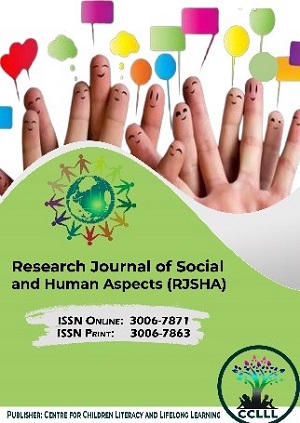Indigenous conflict resolution mechanism in Gilgit-Baltistan
Keywords:
Indigenous wisdom, Conflict resolution, Alternate Dispute Resolution (ADR), Federal Ombudsmen, Gilgit-Baltistan (GB)Abstract
The purpose of this study is to explore the contribution of elders in the Gilgit-Baltistan community in resolving disputes. Qualitative survey data was collected through interviews with Jirgadar/elders and conflicting parties. It was found that councils of elders, or jirgas, have successfully resolved various conflicts and prevented potential conflicts from escalating, thereby restoring harmony and saving people from losses in terms of lives and money. However, the role of local mechanisms has been limited to some areas and cases. The weak role of these mechanisms is due to a lack of government support and the weakening of trust between local elders and the community. The article concludes that local methods of dispute resolution should be encouraged to reduce the burden of litigation and save conflicting parties from mental suffering and financial implications. Therefore, the government should support the local system and the community needs to build trust in the indigenous mechanism of conflict resolution.
Downloads
Downloads
Published
Issue
Section
License

This work is licensed under a Creative Commons Attribution-NonCommercial-NoDerivatives 4.0 International License.







